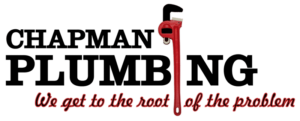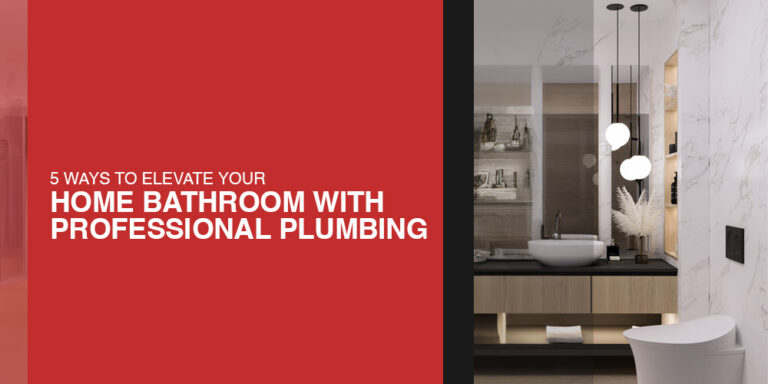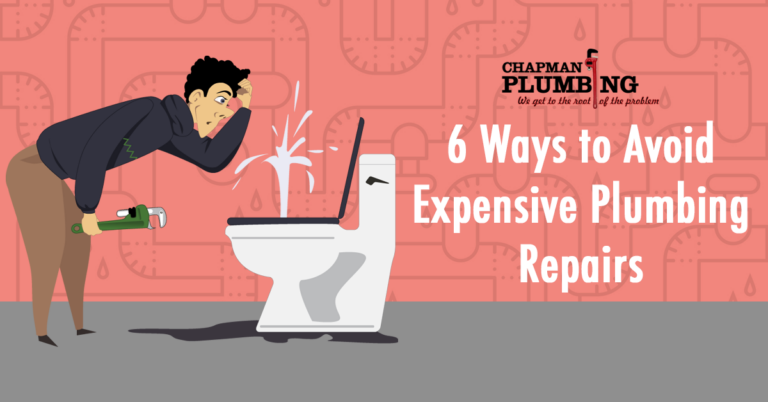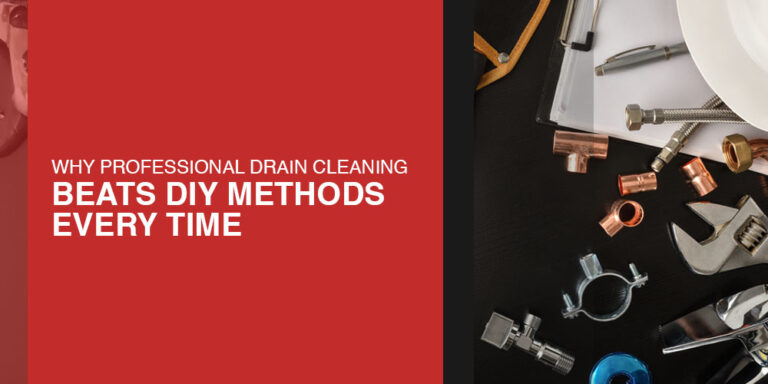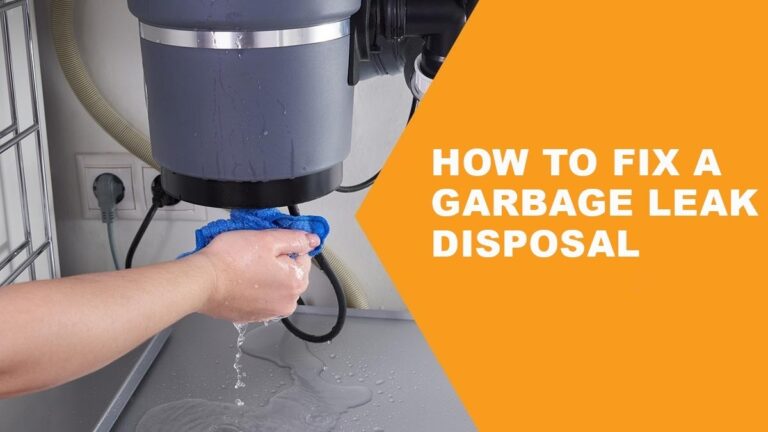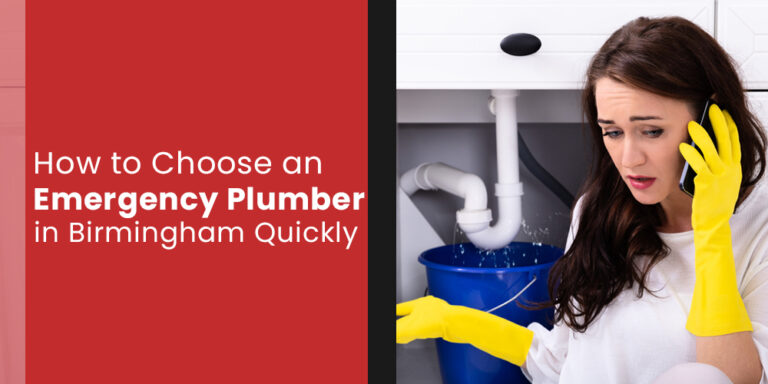Clear Your Drains: 3-Step Expert Solution for Home Plumbing
We’ve all been there—water pooling around your feet in the shower, the kitchen sink refusing to drain, or a nefarious gurgle from the bathroom sink. Certainly, clogged drains are a common household headache that can disrupt our daily routines and even lead to costly damage if ignored. But fear not! With a straightforward 3-step home plumbing solution, clearing those pesky blockages is easier than you might think.
Ready to dive in? Let’s unclog the mystery of drain maintenance and keep your home’s plumbing system flowing smoothly.

Step 1: Identification and Diagnosis
Knowing what’s causing your drains to back up is akin to solving a mystery requiring keen observation and a bit of know-how. The process begins with spotting the subtle (sometimes not so subtle) indicators that something’s amiss in your pipes. The following are the key signs that suggest you have a clogged drain:
- Slow drainage in sinks and showers
- Water backup in sinks or bathtubs
- Gurgling drain noises
- Bad smells from drains
- Toilet bubbling when using the sink
- Slower than normal drainage
- Regular use of a plunger
With these in mind, you should be vigilant enough to make a diagnosis.
Here’s how you do it:
- Listen for gurgling to spot air in the plumbing.
- Check all fixtures to gauge the clog’s extent.
- Try plunging for shallow clogs.
- Inspect cleanouts for near-sewer blockages.
- Use a drain snake for clog depth.
- Test with hot water for grease clogs.
- Conduct dye tests in toilets for leaks.
- Check the vent stack for drainage issues.
- Opt for camera inspection for the exact clog location.
Meanwhile, it’s crucial to remember the value of a professional assessment. Since experts have the tools and know-how to find and fix underlying issues accurately, they can ensure quick clog resolution and long-term plumbing health.

Step 2: Choosing the Right Method of Unclogging
Selecting the optimal approach to unclog drains is a nuanced decision, significantly reliant on the specific characteristics and severity of the blockage. Accordingly, experts weigh these factors meticulously, ensuring that the method chosen addresses the issue effectively without compromising the plumbing system. To give you ideas, listed below are the various methods utilized for unclogging drains:
DIY Fixes
Certainly, tackling a clogged drain doesn’t always require professional intervention. Besides, you can clear several blockages with the right approach and DIY fixes. The following are some tried-and-true DIY methods for dealing with clogged drains:
- Plunging
- Baking soda and vinegar solution
- Boiling water flush
- Chemical drain cleaners
- Manual drain snake
- DIY hydro jetting setups
- Enzymatic drain cleaners
Professional Tools and Techniques
When DIY methods fall short, professional tools and techniques come into play, offering powerful solutions to stubborn drain issues. The following includes:
- Motorized drain auger
- Professional hydro jetting
- CCTV camera inspection
- Professional plumbing snake
- Air burst drain cleaners
- Pipe disassembly and manual cleaning
- Sewer line replacement or repair
While DIY fixes can become handy, you should consider professional home plumbing solutions, especially when dealing with severe plumbing problems. Accordingly, they extend beyond mere quick fixes, thus offering solutions that ensure your plumbing system’s lasting functionality and health.

Step 3: Preventive Measure and Maintenance
Maintaining a plumbing system is crucial for the longevity and efficiency of your home’s infrastructure. Regular maintenance checks by professionals are essential in detecting early signs of problems, thereby preventing potential emergencies. Such checks specifically ensure that your drains and pipes remain clear, saving you from future headaches and expenses. The following are some important do’s and don’ts regarding drain care to keep in mind:
Do’s:
- Regularly clean your drains to prevent buildup.
- Use strainers in sinks to catch debris.
- Run hot water through the drains weekly to help clear grease.
- Schedule annual inspections with a professional plumber.
Don’ts:
- Avoid draining grease or oil.
- Don’t flush non-biodegradable items down the toilet.
- Refrain from using chemical cleaners that can corrode pipes.
- Avoid overloading the garbage disposal with hard-to-grind items.
Engaging in these practices will contribute significantly to maintaining a clear and functional plumbing system. However, the expertise and tools professionals bring to regular maintenance checks are irreplaceable.
These checks ensure the address of minor issues before they escalate and contribute to the overall health of your home’s plumbing system, thereby ensuring its longevity and reliability. For further understanding, here are ways professionals aid regarding preventive measures and maintenance include:
- Regular inspections for early issue detection
- Drain and sewer cleaning to avoid blockages
- Camera inspections for pipe condition
- Upgrades for outdated plumbing
- Advice on drain care
- Emergency plumbing services
- Long-term solutions for recurrent problems
- Educating homeowners on plumbing signs

Wrapping Up: Get Clog Pumped Up
Tackling clogged drains can seem daunting, but this guide simplifies it with steps from diagnosis to maintenance. It underscores the importance of expert intervention alongside DIY efforts for effective drain care and emphasizes regular maintenance to enhance your plumbing system’s longevity. Consequently, adopting proactive drain care practices and consulting with professionals for complex issues can prevent emergencies, ensuring a clear, efficient plumbing system.
In essence, a clear and functional drainage system is not just about avoiding the immediate inconvenience of blockages but about preserving the health and efficiency of your home’s plumbing infrastructure. Homeowners are encouraged to seek expert home plumbing solutions in Hoover, AL, for peace of mind and to keep their plumbing in top condition, safeguarding against disruptions caused by clogged drains.
References:
- Chelot, D., Ravichandran, S., & Upadhyaya, P. (2024). A Sustainable Solution with Improved Chemical Resilience Using Repurposed Glass Fibers for Sewage Rehabilitation Pipes. Recycling (Basel), 9(2), 28. https://doi.org/10.3390/recycling9020028
- Gurmu, A. T., & Mudiyanselage, P. W. (2023). Plumbing defects in residential buildings: analysis of anomalies and their causes. Facilities, 41(13/14), 927–956. https://doi.org/10.1108/f-10-2022-0130
